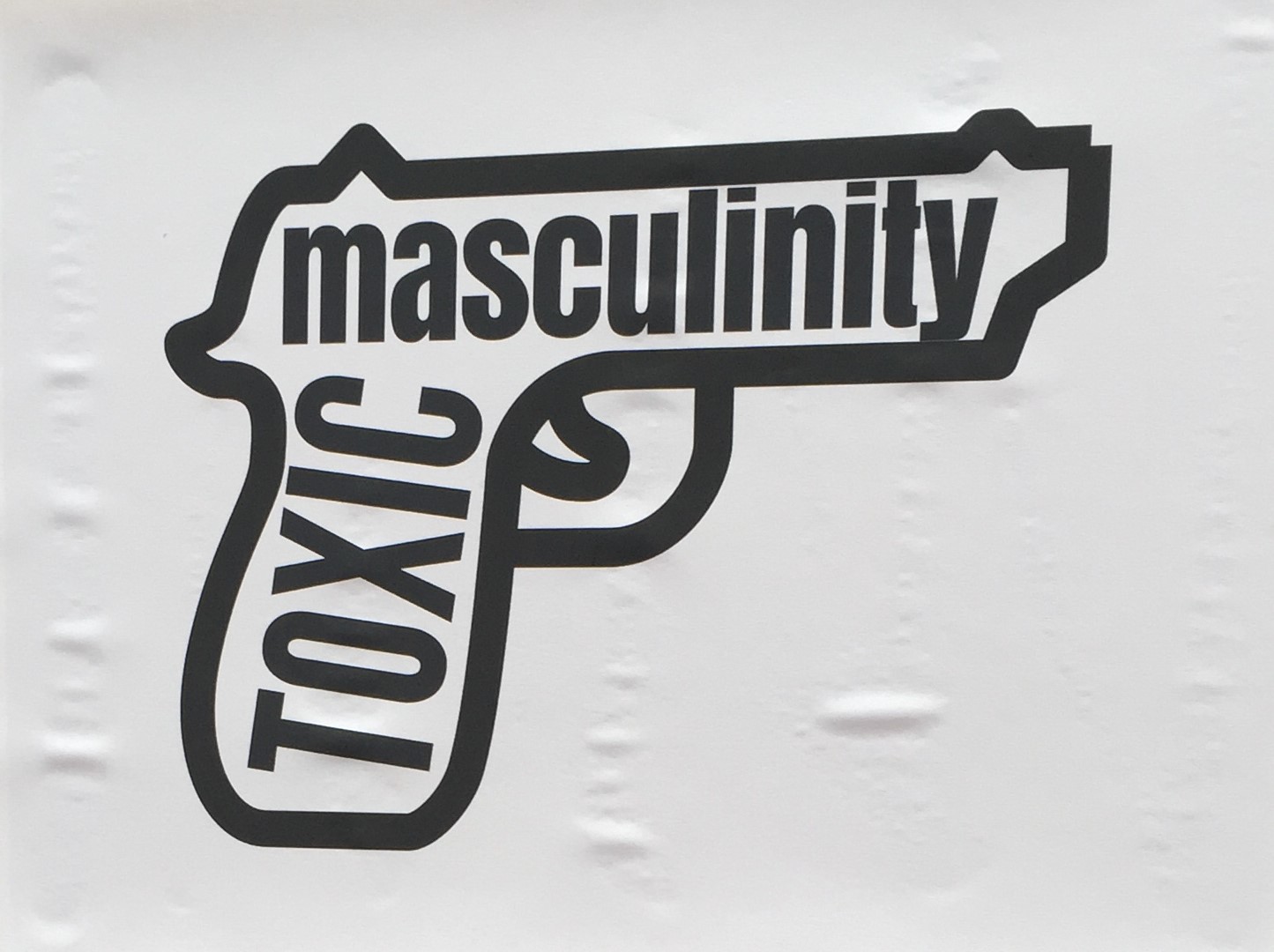Isn’t every day International Men’s Day?

Online Comment Editor Eirwen Abberley Watton explores the debate surrounding International Men’s Day.
International Men’s Day. Whether reading that made you sigh and roll your eyes, or ponder its potential, it is certainly a concept worth discussing. As it turns out, this contested day falls on November 19. According to the official website, International Men’s Day “celebrates worldwide the positive value men bring to the world, their families and communities” and “raise[s] awareness of men’s well-being”. As a feminist, I have no issue with the principle of celebrating the achievements of men and drawing attention to their struggles with mental health. I think the more important question is whether this day should exist as an equivalent to International Women’s Day.
International Women’s Day is also about celebrating – celebrating the achievements of incredible and pioneering women. The focus, however, is on how we can actively “forge a gender equal world” and challenge discrimination against women. The key difference between the two events is how International Women’s Day centralises the ongoing fight for gender equality. There is still a very real need for International Women’s Day, not only to celebrate the achievements that women have already made, but also to draw attention to the vast amount of work that still remains to be done. Women cannot yet leave their houses alone, at night, and feel safe. They cannot expect to make as much money as their male partner (in a heterosexual relationship). They cannot expect to avoid objectification, harassment, or being made to feel inferior.
The system we live in is designed for men’s success through the limitation of women, this oppression endures
It is perhaps difficult, then, to see how International Men’s Day can be the equivalent of International Women’s Day, which goes beyond celebration to the continuing fight against the patriarchy. “Patriarchy” is no doubt a term which you will have heard thrown around a lot. While there are many greater definitions out there than I can give, it can be helpfully understood as the system in which men have historically held power over women. When the system we live in is designed for men’s success through the limitation of women, this oppression endures.
The other important point to make about patriarchy is that it can and does have a detrimental effect on men too, and that this fact is a key part of the feminist movement. If you frequent TikTok like I do, you will undoubtedly have noticed the ignorant and misguided responses to women’s rights like ‘but men get assaulted too’ and ‘what about men’s mental health?’ As well as pointing out that, in the case of the former, it is other men that these men are afraid of, these opinions assume that feminism is only interested in women. This is not the case. Women are almost always willing to come out and support men’s issues. Only the other day, a protest in in LA made headlines as hundreds marched to assert that penis size does not matter. One thing I noticed was how nearly half of protestors in the photographs were women.
The issues male rights are fighting against are those that feminism has been challenging for decades
The point is that the patriarchy harms everyone. This is why feminism, and International Women’s Day, are so important. Gender stereotypes have undoubtedly been more oppressive for women (think about how we still have not achieved equal pay and how 70 per cent of the population living in absolute poverty is female), but we understand that there are also issues for men such as insufficient father’s rights and the impact of toxic masculinity on mental health. It is a well-quoted fact that men in the UK are three times more likely to take their own lives than women. This is a shocking and pressing issue, but the figure is often quoted out of context. For example, in the US, men are also more than three times as likely to commit suicide, but women actually report attempting suicide 1.2 times as often as men. Furthermore, the figures vary wildly for other groups: roughly 50 per cent of transgender teenagers who identify as male have attempted suicide at least once. Whatever you take from these figures, their inclusion is not designed to undermine the importance of the male mental health crisis. Men are still less likely to communicate and seek help for their mental health issues, which is a serious issue that needs to be addressed. And it is part of feminism’s agenda to address it, by dismantling the patriarchy.
I am still undecided on International Men’s Day. As a feminist, I support the celebration of male achievements, especially the inequalities faced by non-white men, or gay men, or trans men. But it is important to understand that the issues male rights are fighting against are those that feminism has been challenging for decades. It is also important to understand that our patriarchal society celebrates men every single day, while for women, violence, inequality and oppression are a very current reality. Ultimately, equating International Men’s Day to International Women’s Day belittles the silencing and objectification that women face every day.


